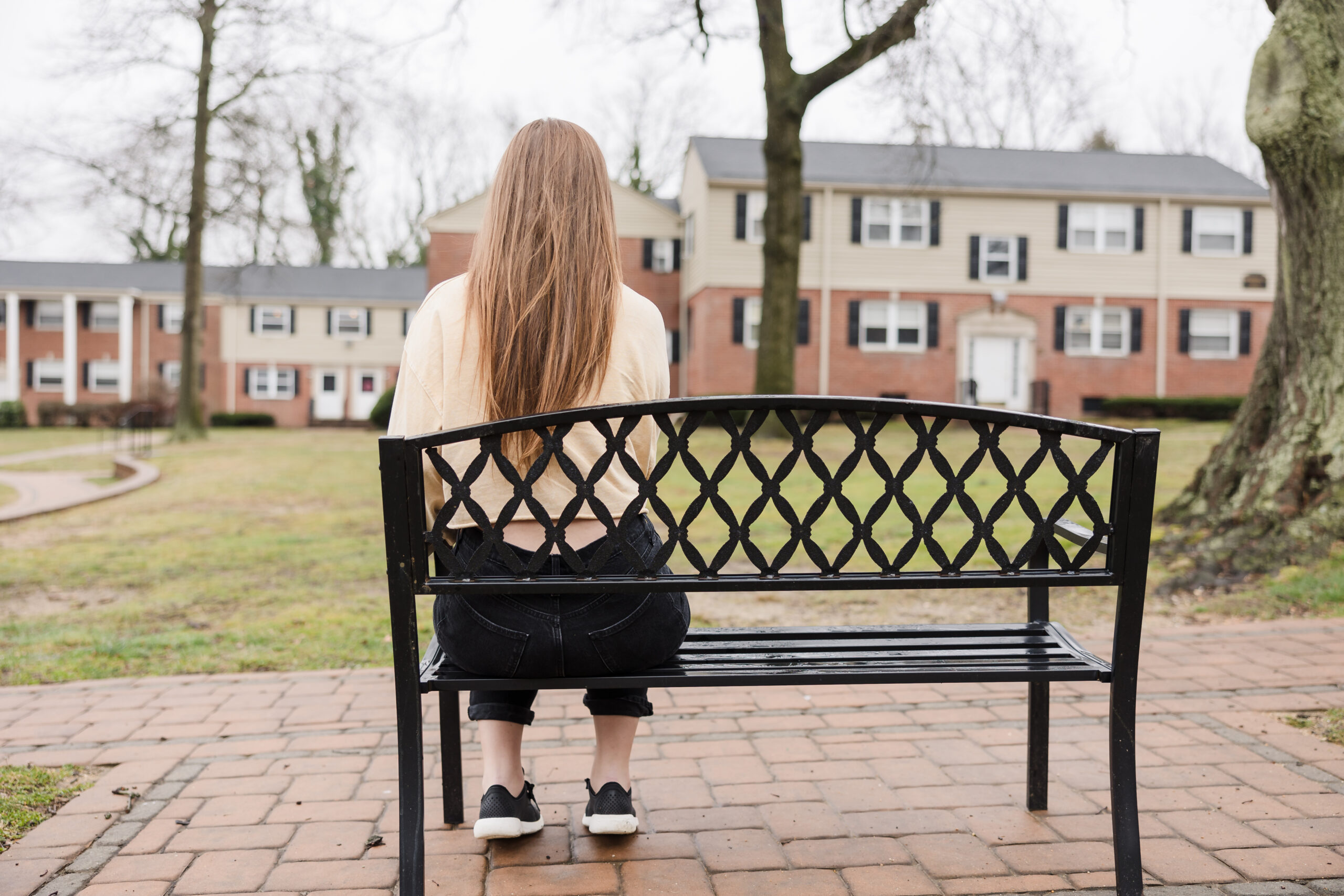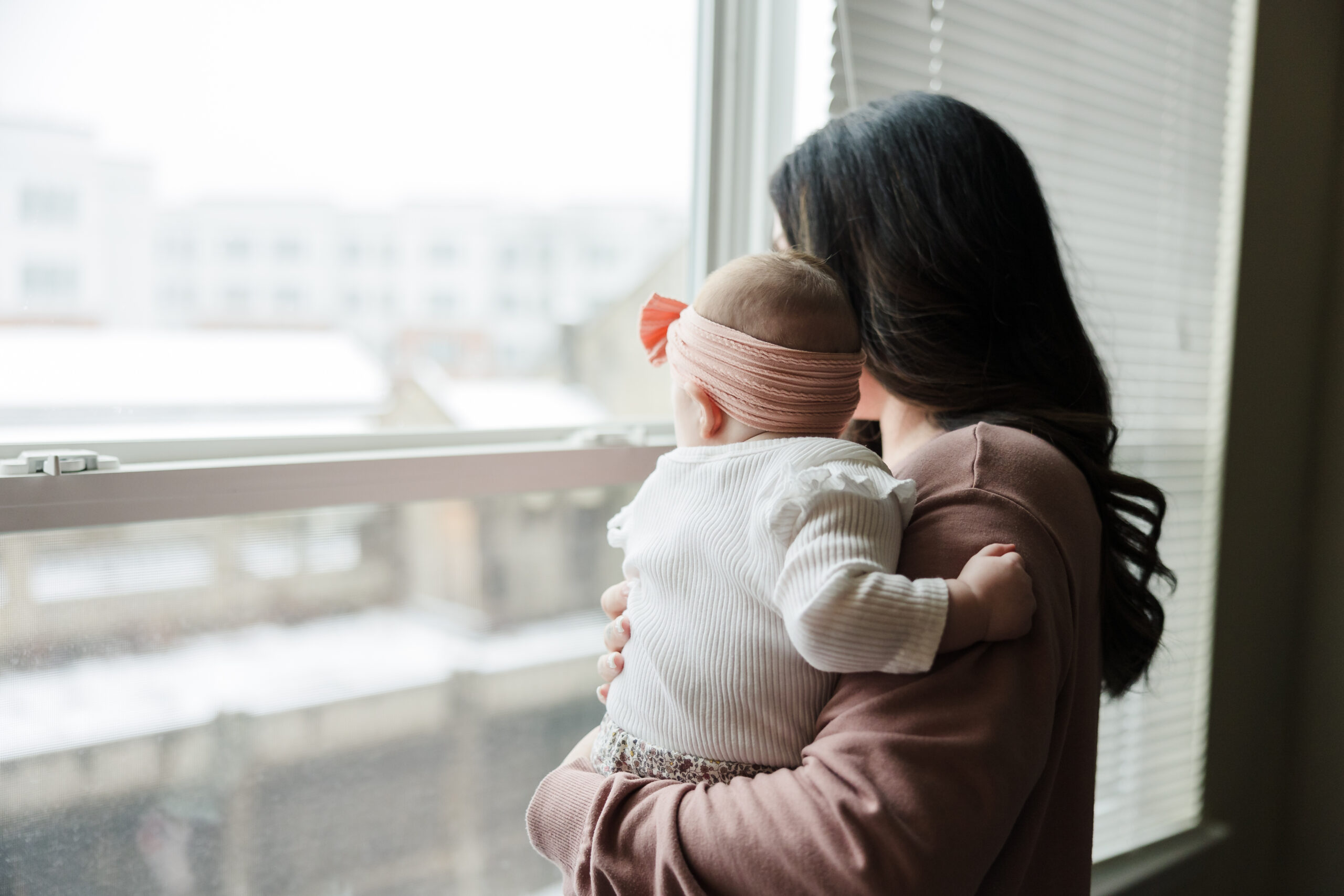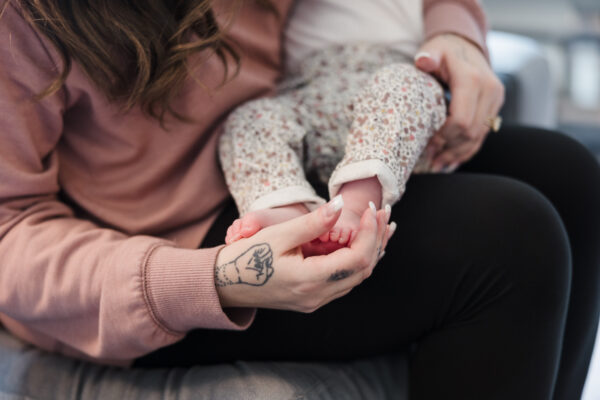On March 8, two women represented by the ACLU of New Jersey filed complaints with the New Jersey Division on Civil Rights after they were drug tested without their knowledge upon arriving at the hospital to give birth. The filings allege that the hospitals’ practice of drug testing pregnant patients violates New Jersey’s Law Against Discrimination on the basis of sex and pregnancy and seeks, among other relief, that both hospitals end this unlawful practice.
Both women’s tests returned positive for opiates based on their consumption of an “everything” bagel with poppy seeds the morning they went to the hospital. Based on these tests alone, the hospitals then called the New Jersey Department of Child Protection and Permanency (DCPP) to report both women for possible abuse or neglect before they even had the chance to parent their newborn children. This led to an invasive, traumatic investigation of each woman’s family.
In filing their complaints, Kaitlin K. and Kate L. are sending a clear message to hospitals that these testing and reporting policies are unacceptable. They hope that no one else will be subjected to this harmful practice – and to spread awareness, they’re sharing their stories.
ML: When we first spoke about your experiences, part of your reasoning for wanting to file a complaint was your concern that this could be happening to many people, in even more hospitals across the state. What were your motivations for bringing these complaints?

Kaitlin K., an ACLU-NJ client (Photo by Ben Bowens Photography)
KK: I'm hoping no new mother bringing home her baby ever has to share in my experience. I’ll do whatever I can to prevent that. By working with ACLU-NJ to make this complaint, I’m hopeful that we can achieve policy change, not only at my hospital, but at hospitals across New Jersey. Shortly after my son was born, I stumbled upon an ACLU article from a different state where a similar situation happened. I immediately reached out for help because I felt so alone, and I was desperate to find someone to help advocate for me. I'm sure anyone who has been pregnant or has given birth understands the exhaustion and the emotional toll on your body – it was a very difficult time. Having someone to speak to who not only believed me, but shared in my frustration for this situation meant the world to me. Speaking to the ACLU-NJ and realizing how big of an issue this is, it was clear that something was horribly wrong, and I knew I had to do something about it. What I went through changed my life drastically and will keep affecting me for a long time, so I want people to be aware that hospitals are doing this, and I want to make sure hospitals get rid of these testing and reporting policies. At the very least, I want to help anyone else going through this also feel a little less alone.
Photos by Ben Bowens Photography
ML: I cannot imagine going to a hospital in labor and being drug tested without my knowledge. How has this experience changed your view of medical professionals going forward?

Kate L., an ACLU-NJ client, and her baby (Photo by Ben Bowens Photography)
KL: When I found out that the hospital drug tested me without my consent, I was in complete shock, especially since I learned about it a full four days after they had tested me. Like most other pregnant people, I was used to providing urine samples during my prenatal appointments; I understood it to be a routine thing to check for proteins. I had no idea – and I assume other people would have no idea – that they might also drug test these samples. After I got the results, I questioned everything. Are they sure? Can we retest? How come no one said anything? It felt like the doctors had all been talking about me, judging me to be an unfit mother, and they wouldn’t even agree to do a new test at my request.
What the hospital staff put me through after giving birth to my daughter has shaken all my faith in medical professionals. I worry that because the record of this test remains in our medical files, doctors that I see in the future, and doctors treating my child, will immediately question me as a mother. I’m terrified the system will take my baby away.
Going to the pediatrician with my child is very difficult; it’s so hard for me to hand her to medical staff and trust them to tell me all the information. If my daughter is fussy or crying like any child might be, I worry that people at the doctor’s office will wrongly assume I have done something wrong. And I struggle to understand how I will confidently have another child in the future when I am afraid to put my trust in doctors.
ML: The investigations that resulted from the hospitals’ testing and reporting policies were deeply traumatic for you both. Could you share how facing this discrimination has affected your life?
KK: Bringing your new baby home from the hospital is supposed to be filled with happiness and joy. That's how it was with my first son. The hospital stole that from me this time. They took that beautiful moment from me, and I'll never get it back. The fact that DCPP will hold onto their record of this for three years is what still haunts me. The thought of this situation somehow being used against me keeps me up at night.
KL: I’m terrified of ever going to a hospital again. I'm always going to worry that our family could be torn apart. I have so many questions, and I filed my complaint in part to get answers, but mostly because I never thought this would happen to me, and now I know it can happen to anyone. I don’t want anyone else to have to deal with the stress and shame that I went through.


